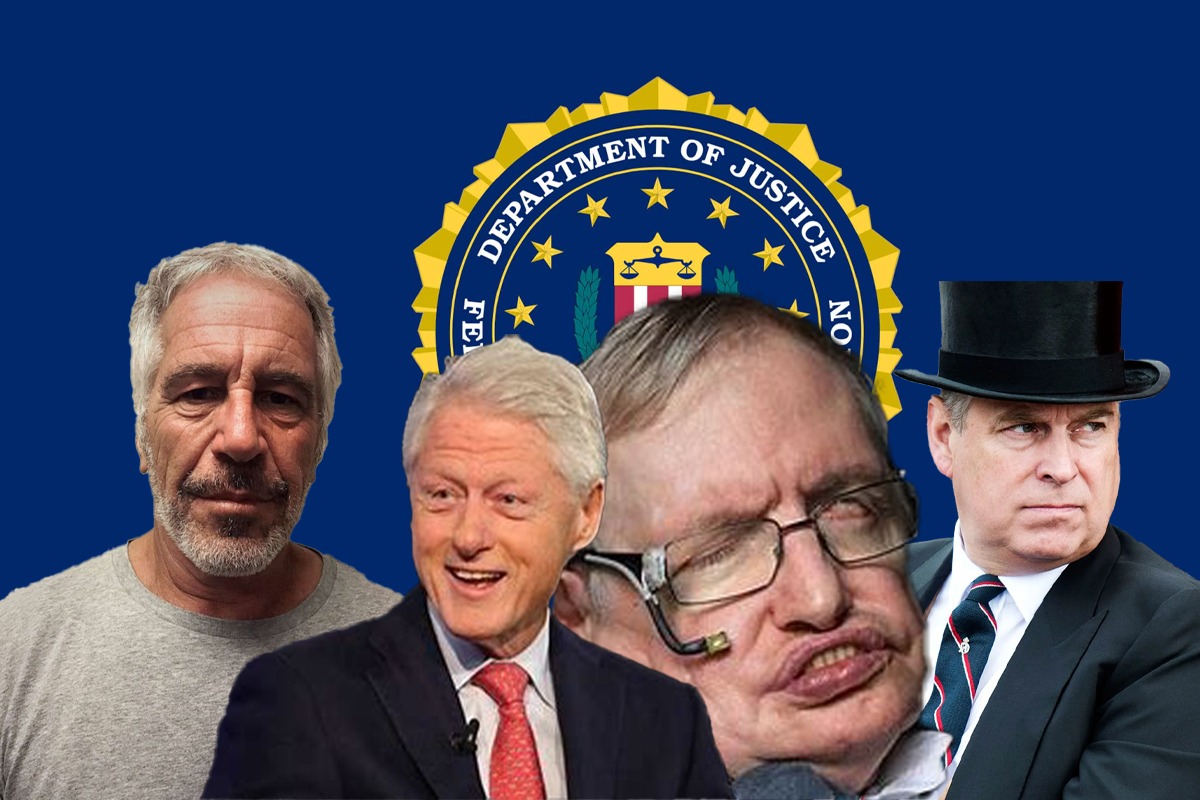In the murky depths of the Epstein scandal, the recent release of documents has once again brought the sordid affairs of the rich and powerful to the forefront. Jeffrey Epstein’s association with high-profile figures, as highlighted in the documents, casts a shadow over the corridors of power. The notorious financier, who escaped justice through death, left behind a trail of victims and connections that expose a deeply entrenched culture of privilege and abuse.
The court documents, originally part of a defamation case against Ghislaine Maxwell, Epstein’s accomplice, include mentions of political heavyweights such as Bill Clinton and Donald Trump, as well as Hollywood celebrities like Leonardo DiCaprio and Cate Blanchett. It is not yet clear whether the names mentioned in the list are guilty of the illegal activities that Epstein is charged with.
The release of documents, comprising mostly already public information, underscores the voracious appetite for salacious details that often accompany high-profile cases. Speculation on social media, misinformation, and false claims have clouded the facts, diverting attention from the actual implications of Epstein’s network.
The documents shed light on Epstein’s alleged influence over media reporting, revealing how he manipulated journalists to suppress damning stories. Journalist Vicky Ward’s account of Epstein preventing the publication of interviews with victims underscores the power dynamics at play. Epstein’s ability to control narratives and intimidate reporters exposes a chilling reality of how the wealthy can exploit their influence to silence the truth.
Bill Clinton’s recurrent appearance in the documents and Epstein’s accusations add another layer to the already complex case. While Clinton maintained a professional relationship with Epstein, the defamation suit suggests otherwise. The accusation of Clinton having a preference for the young raises uncomfortable questions surrounding their association.
Prince Andrew’s alleged involvement in an ‘orgy’ on Epstein’s island, though vehemently denied, intensifies the scrutiny on the British royal and the extent of Epstein’s reach. The documents paint a vivid picture of an extensive network that transcends political, entertainment, and academic boundaries.
The Epstein scandal is not just about individual wrongdoing; it unravels an American system that enables the powerful to evade accountability, manipulate the media, and exploit the vulnerable. The insidious intertwining of wealth, influence, and abuse has created a breeding ground for criminal behaviour.
As the American public grapples with the revelations, it is imperative to demand transparency and accountability. The American elite’s complicity in Epstein’s activities, whether direct or indirect, underscores the urgent need for systemic change. The ruling class must not be shielded from scrutiny, and justice must prevail for the victims who have suffered in the shadows of privilege.
The Epstein files are a stark reminder that no one is above the law. The powerful must be held accountable, and the victims deserve justice. It is time for American society to collectively denounce the culture of silence that perpetuates such heinous acts and demand a reckoning for those who have abused their positions of authority.
In the aftermath of this revelation, the focus should not solely be on the individuals listed but on dismantling the structures that enable such misconduct in the US. Only then can the American people break free from the grip of an elite culture that prioritizes protection over justice and privilege over morality.









